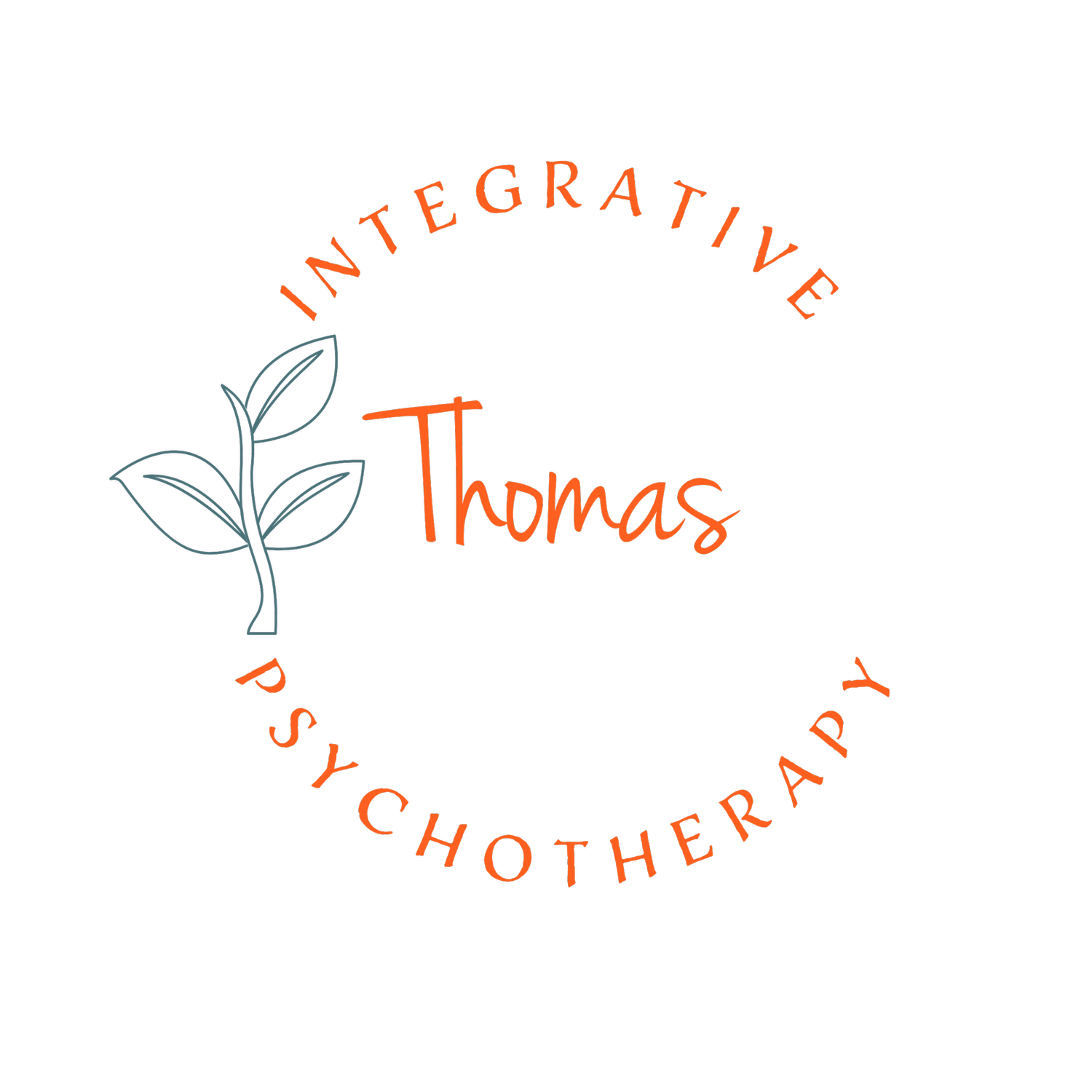
Substance Misuse
Have You Started to Question Your Relationship with Substances?
You're not alone if you’ve begun to wonder whether your substance use has become a problem. You might be meeting all your responsibilities and achieving your goals, but a nagging feeling remains—that your use is moving beyond what you consider “recreational.” Maybe you've started to notice that you're using more frequently, or that your reliance on substances has grown as a way to cope with stress, social situations, or difficult emotions.
This moment of curiosity and self-reflection is an important first step. It shows that you're ready to explore healthier ways of living.
A New Path to Well-Being
If you're ready to make a change but feel like the traditional 12-step community isn't the right fit for you, we can help. We provide a supportive, non-judgmental space to explore your relationship with substances. Our approach is built on curiosity, not criticism. We'll work with you to gain a deeper understanding of your habits, the emotions that drive them, and the underlying needs you are trying to meet.
Together, we will find the right tools for your well-being. Our goal is to empower you with personalized coping strategies and a path toward a healthier, more balanced life on your own terms.
